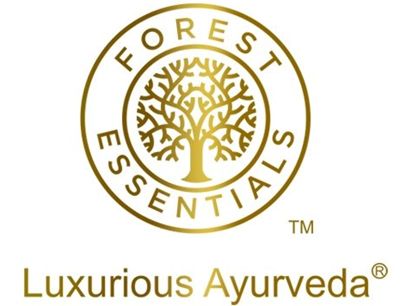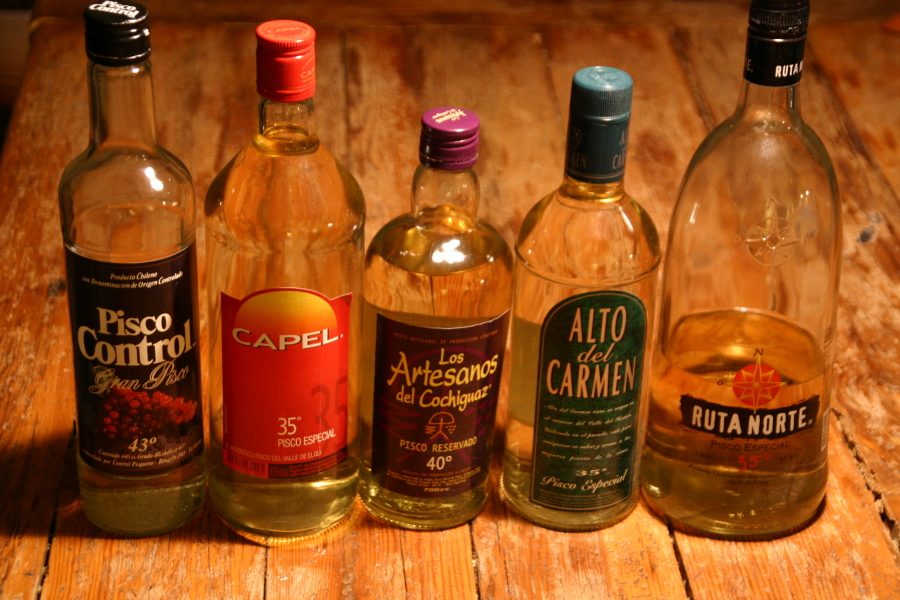Written by Anna Maria Joseph, Legal Intern and Verified by Sunil Jose, Managing Attorney, Suns Legal
MOUNTAIN VALLEY SPRINGS INDIA PRIVATE LIMITED v. BABY FOREST AYURVEDA PRIVATE LIMITED (FORMERLY KNOWN AS M/S LANDSMILL HEALTHCARE PRIVATE LIMITED) & ORS.
CS(COMM) 523/2023 & I.A. 5392/2024
FACTS
Mountain Valley Springs India Private Limited, the owner of the brand ‘Forest Essentials’, filed a suit against Baby Forest Ayurveda Pvt Ltd for using similar marks, arguing that their significant sales of Rs. 15 crores and brand recognition entitled them to exclusive rights over the word “Forest”. The legal issues at play involved determining whether Baby Forest Ayurveda Pvt Ltd’s use of “Forest” constituted trademark infringement, whether Forest Essentials could claim exclusivity without specific registration, and whether the evidence showed sufficient consumer confusion or likelihood of confusion.
PLAINTIFF ARGUMENTS
The plaintiff argued that the plaintiff has been consistently using the mark ‘Forest Essentials’ since 2000, with a significant presence in India and internationally, and has spent considerable amounts on advertising and business promotion. The plaintiff pointed out that the plaintiff has trademark registrations for both word and logo marks for ‘Forest Essentials’ in multiple classes, including Class 3, and has been selling mother and baby care products since 2006 under the marks ‘Forest Essentials Baby Essentials’ and ‘Forest Essentials Baby’. The plaintiff alleged that the defendants’ use of the mark ‘Baby Forest’ is causing confusion among customers and submitted evidence of instances where customers have mistaken the defendants’ products for those of the plaintiff. The plaintiff claimed that the defendants’ adoption of the mark was dishonest and that they have made every effort to come as close as possible to the plaintiff’s mark in order to ride on the plaintiff’s reputation and goodwill.
DEFENDANT’S ARGUMENTS
Baby Forest Ayurveda Pvt. Ltd. argued that the plaintiff’s trademark is only ‘Forest Essentials’ not ‘Forest Essentials Baby’ or ‘Forest Essentials-Baby Essentials’, which is descriptive. They have been selling baby care products under the registered trademark ‘Baby Forest’ since 2020, without any opposition from the plaintiff. Their mark, logo, and product range are distinct, and the word ‘Forest’ is a common dictionary word that cannot be exclusively appropriated. Moreover, there are 100 registrations in class 3 containing the word ‘Forest’, showing its common use in cosmetics and skin care. The plaintiff’s ‘Forest Essentials Baby’ mark is not registered, and their applications were filed only after ‘Baby Forest’ was registered, indicating an attempt to monopolise the market by driving out competition. The plaintiff’s evidence of consumer confusion is an isolated Instagram comment, and their opposition to the registration application was based on bad faith.
JUDGMENT
The Delhi High Court denied the interim injunction to the plaintiff, citing several reasons. The court held that despite claiming use since 2006, the plaintiff didn’t seek registration until after the suit was filed and only did so on August 9, 2023. The plaintiff admitted to not applying for registration of the device mark ‘Baby Essentials’ and failed to oppose the defendant’s registration of ‘Baby Forest’. The baby care products are marketed under the main brand ‘Forest Essentials’ and not as a separate sub-brand. The defendants launched their products in August 2022, without opposition from the plaintiffs, who only sent a legal notice in June 2023. The plaintiff’s evidence of reputation and goodwill primarily relates to their ‘Forest Essentials’ brand, which caters to adult products. The court relied on Vardhman Build tech Pvt. Ltd. v. Vardhman Properties Ltd. (2016) SCC Online Del 4738 to hold that registration of a trademark does not confer exclusive rights to a part of the mark.
The court noted that the word ‘Forest’ is generic and commonly used, and the plaintiff did not seek registration of the word ‘Forest’ separately. The court emphasised that registration of a trademark confers exclusive rights only to the whole mark and not to parts of it, unless separately registered or applied for. The court also pointed out that there are many trademark registrations containing the word ‘Forest’. The plaintiff’s claim to uniqueness in combining ‘Forest’ and ‘Essentials’ is undermined by the “anti-dissection rule”. This rule was upheld in M/s. South India Beverages v. General Mills Marketing (2014 SCC OnLine Del 1953), where the court held that composite marks must be considered in their entirety as an indivisible whole to determine the likelihood of confusion rather than comparing component parts. This principle recognises that the commercial impression of a composite trademark is created by the mark as a whole, not its individual parts. The court held that there is no deceptive similarity between the trademarks of the plaintiff and defendant, and no substantial evidence to show widespread confusion amongst customers.
The court relied on the cases Abros Sports International Private Limited v. Ashish Bansal and Ors. (2024:DHC:3551), which emphasised the importance of a holistic global consideration and assessment in determining the likelihood of confusion, and AMPM Fashions (P) Ltd. v. Akash Anil Mehta (2021 SCC Online Del 4945), which applied the “global appreciation” test, considering various facets of the marks and the perspective of the average consumer.
In conclusion, the Delhi High Court denied Forest Essentials’ request for an interim injunction against Baby Forest. At the same time, the Court granted partial relief to plaintiff by restraining the defendant from using ‘Baby Essentials’ marks, which are closely associated with Forest Essentials’ products. Two remarks are noteworthy. First, the court emphasized the “anti-dissection rule” which prevents a registered owner from claiming exclusive rights to individual parts of a trademark, but rather requires looking at the entire mark as a whole. Second, the court recognized ‘Forest’ as a generic term, further diminishing Forest Essentials’ claim of exclusivity. These two factors combined led the court to conclude there was no deceptive similarity between the trademarks, paving the way for Baby Forest to continue using the brand name.





